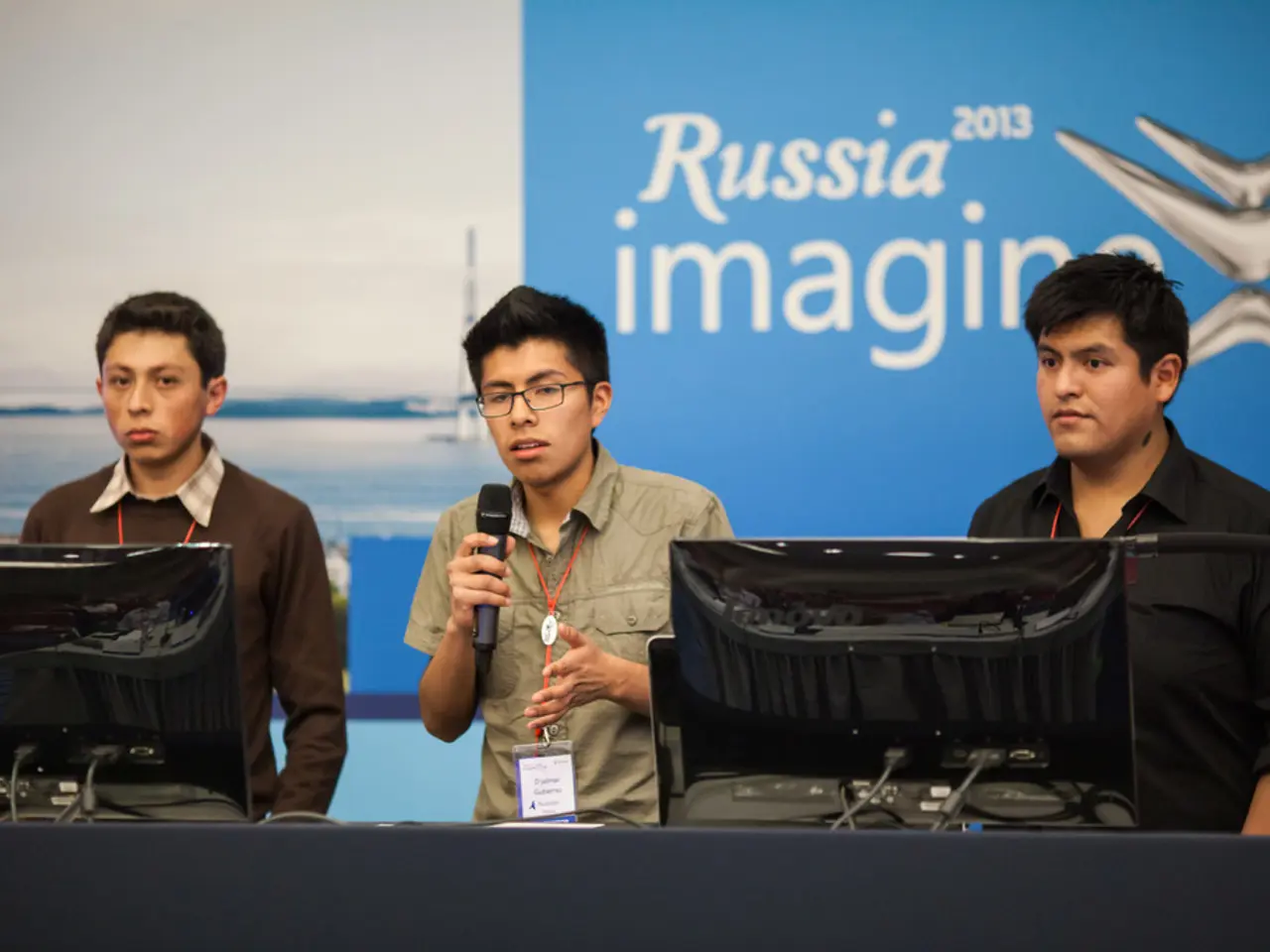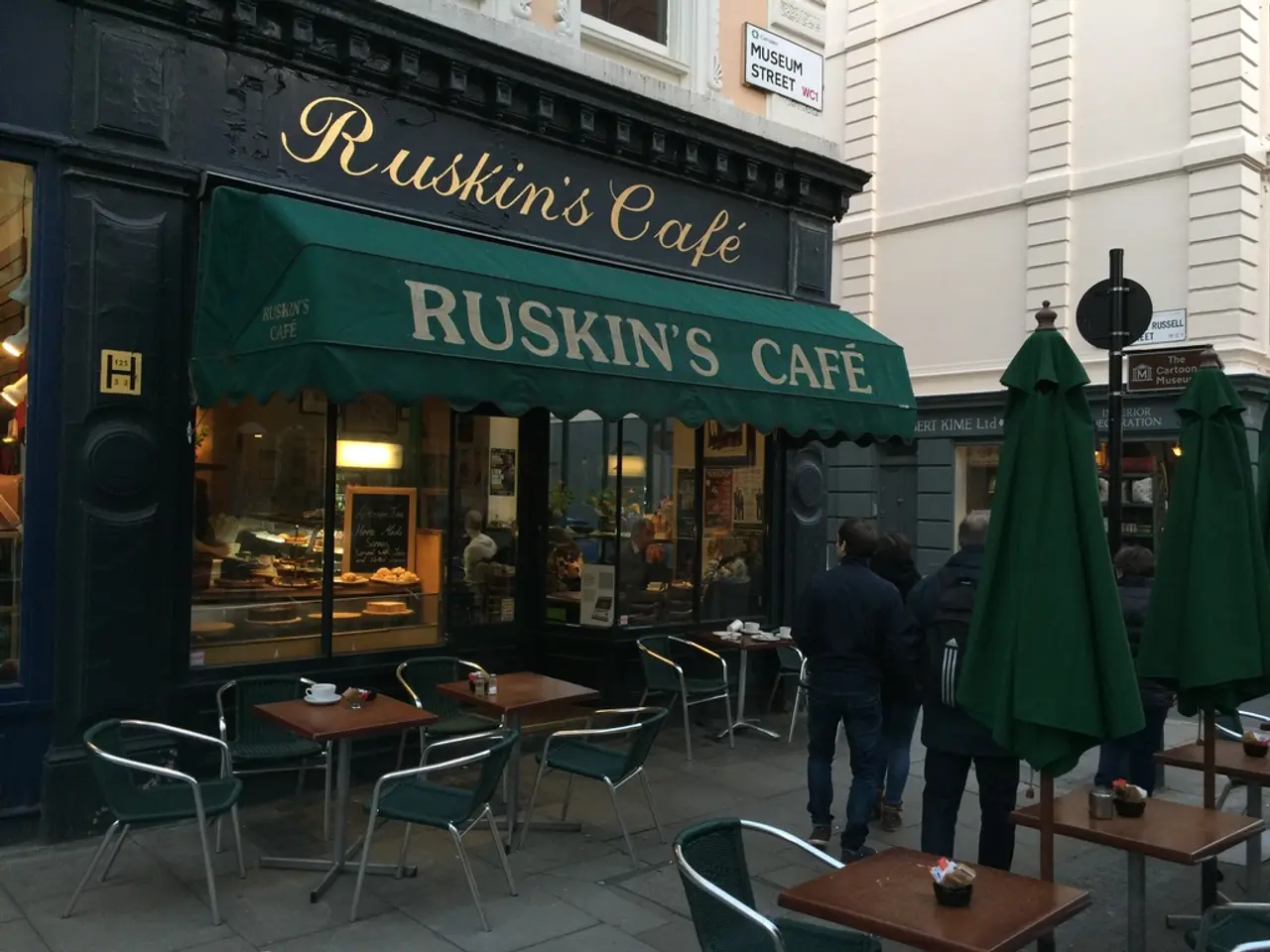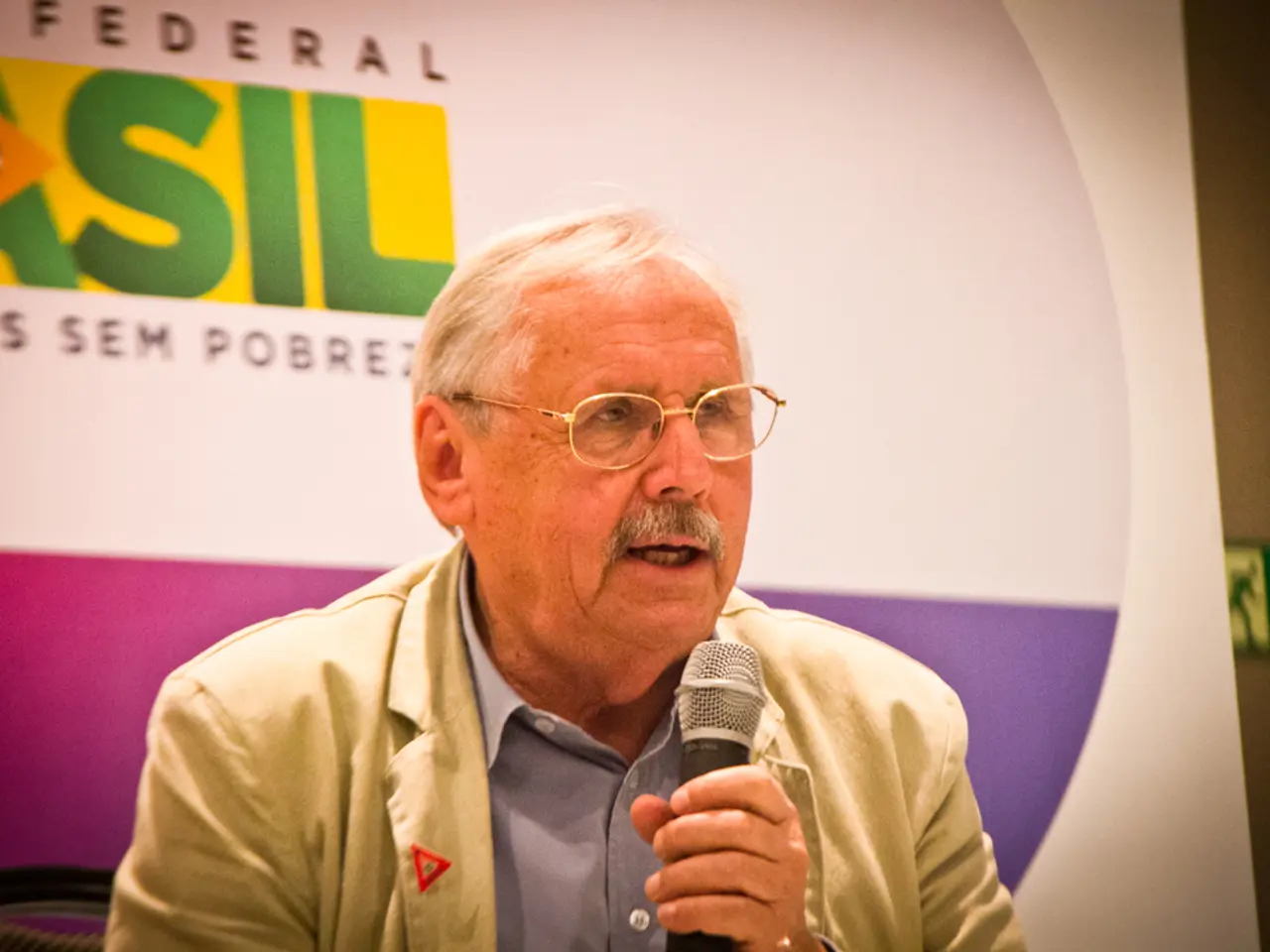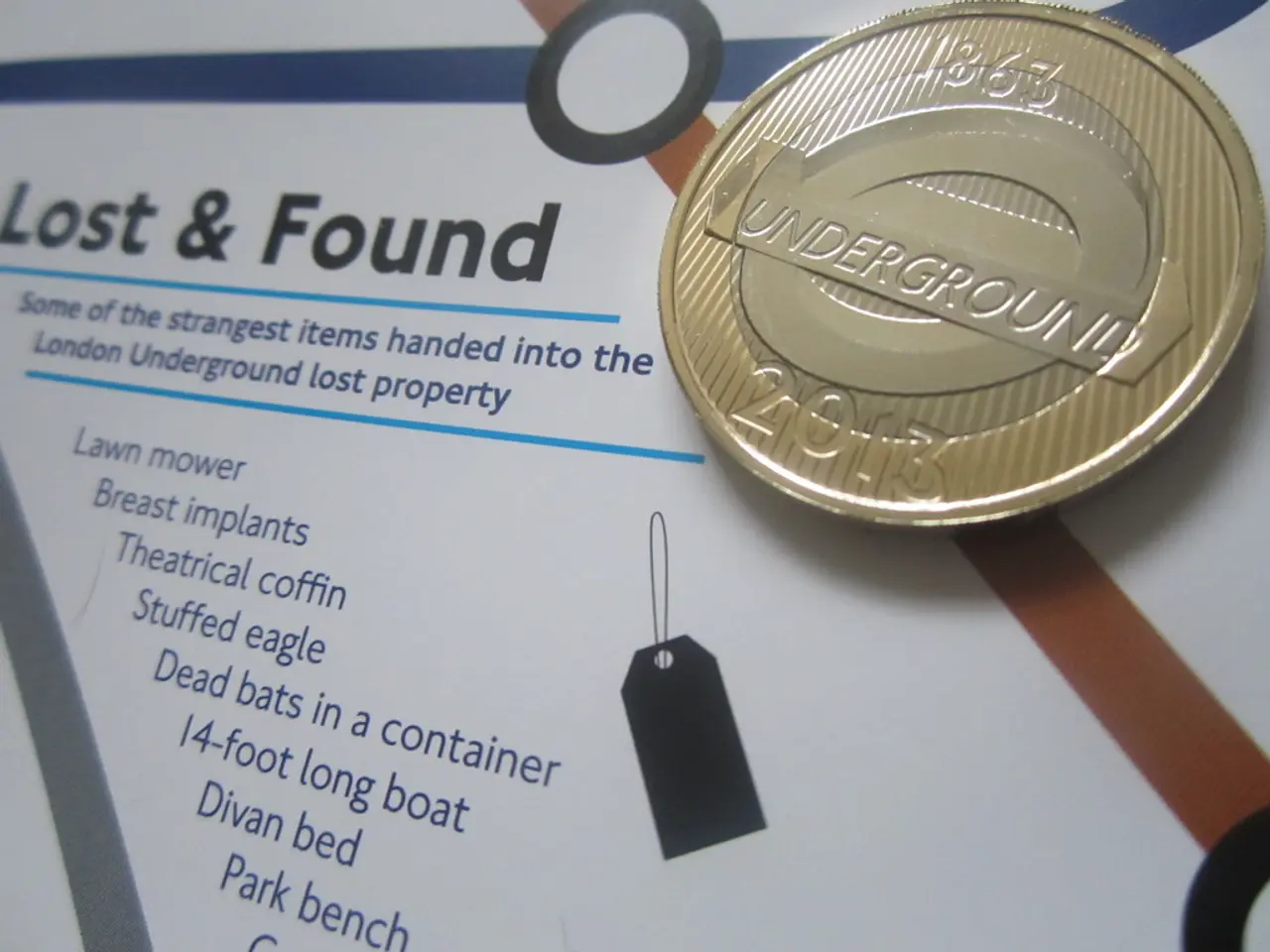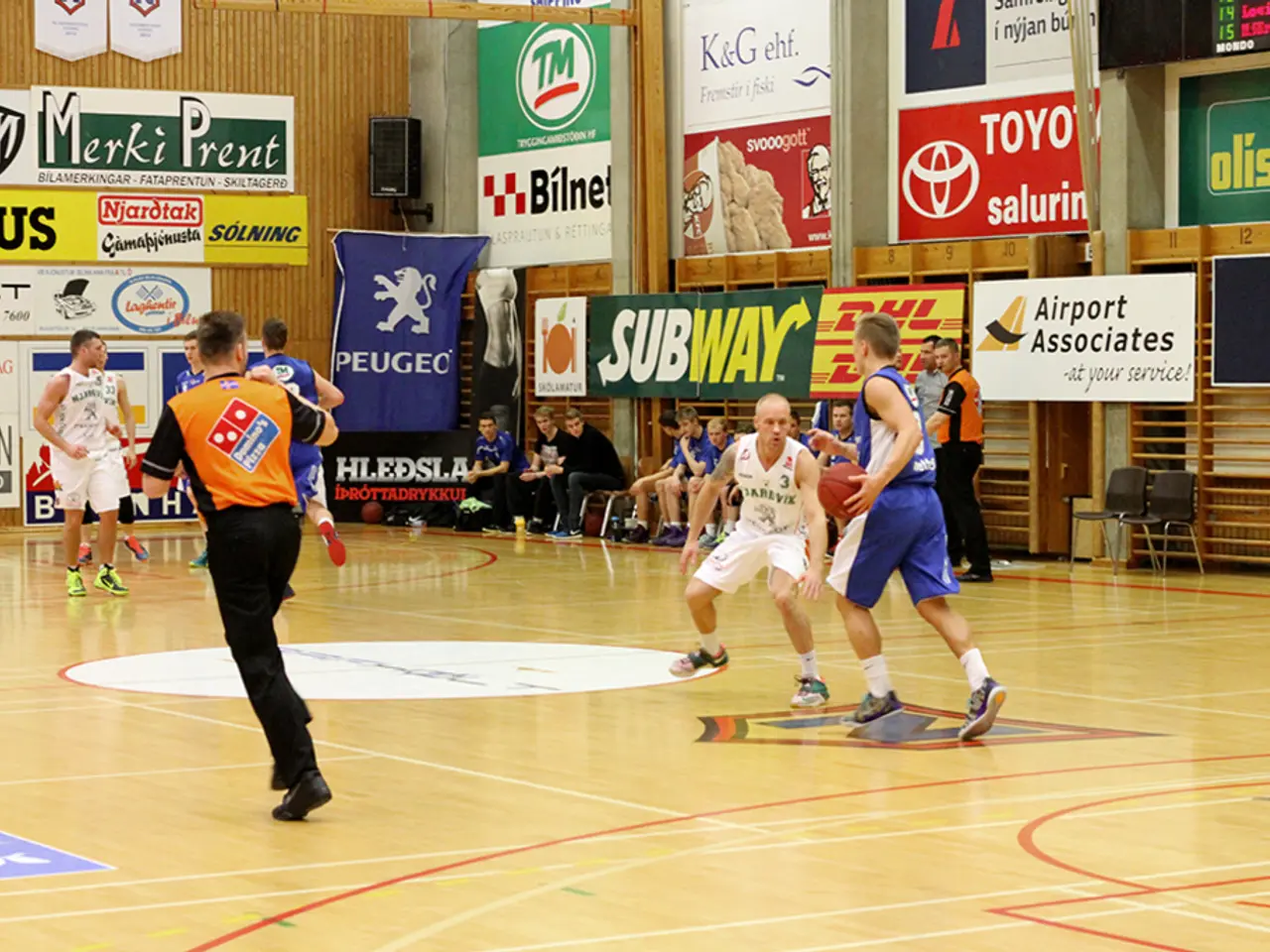Increase in Minimum Wage: Russia's Prime Minister Mishustin proposes a boost of minimum wage to 35,000 rubles by the year 2030.
Russia's government has announced a long-term plan to gradually increase incomes, with the aim of eventually reaching a minimum wage of 35,000 rubles per month by 2030. This initiative, unveiled during a strategic session on socio-economic development, seeks to balance economic growth with social justice concerns, while minimising the burden on employers, particularly in socially significant sectors of the economy.
Currently, the average wage in Russia stands at around 87,000 to 97,000 rubles per month, as of early 2025. The minimum wage, officially raised to 22,440 rubles per month starting January 1, 2025, represents 48% of the median salary, which was approximately 46,751 rubles in 2023. Regional minimum wages vary, with Moscow setting a local minimum of 32,916 rubles and Saint Petersburg around 28,750 rubles.
Russian workers, however, aspire to an average salary of 154,000 rubles, according to research by recruitment agency hh.ru. This figure, which is about 1.5 to 1.7 times higher than the current average wages, serves as a significant benchmark. Yet, experts caution that such a rapid increase in wages across all sectors may not be feasible in the near future, as many enterprises are not planning large-scale wage hikes due to economic conditions.
Prime Minister Mikhail Mishustin did not provide specific details about how the minimum wage increase will be funded or the schedule of increases. The planned increase would be around 82% over six years, but the specific schedule of increases is not yet known. It remains uncertain whether the increase will be incremental or in one large adjustment, and no information was given about potential impacts on employment or businesses due to the wage increase.
In summary, while the government's plan to gradually increase incomes and reach a minimum wage of 35,000 rubles per month by 2030 is a step towards addressing economic disparities, the current average wage in Russia remains well below the aspirational target of 154,000 rubles. The government's approach seeks to strike a balance between economic growth and social justice, but the path forward, including the funding mechanism and potential impacts on businesses and employment, remains to be seen.
Finance and business sectors may face significant challenges in adapting to the proposed increase in minimum wage, given that many enterprises are not planning large-scale wage hikes due to current economic conditions. The gradual increase in Russia's minimum wage, with the aim of reaching 35,000 rubles per month by 2030, could potentially impact business operations and growth.
